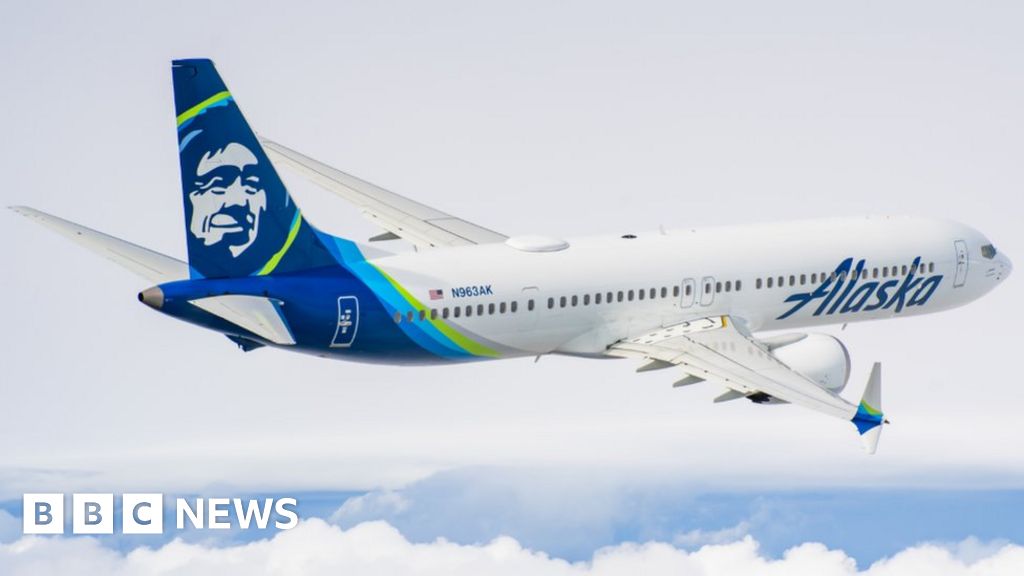“It’s as if I’m watching a troubled child” is how Captain Dennis Tajer describes flying a Boeing 737 Max.
“The culture at Boeing has been toxic to trust for over a decade now,” (Adam Dickson, a former senior manager at Boeing) says.
Five years ago Boeing faced one of the biggest scandals in its history, after two brand new 737 Max planes were lost in almost identical accidents that cost 346 lives.
The cause was flawed flight control software, details of which it was accused of deliberately concealing from regulators.
Meanwhile, further evidence of how production problems could endanger safety emerged this week.
The FAA warned that improperly installed wiring bundles on 737 Max planes could become damaged, leading to controls on the wings deploying unexpectedly, and making the aircraft start to roll.
If not addressed, it said, this “could result in loss of control of the airplane”. Hundreds of planes already in service will have to be checked as a result.



I miss North American Aviation.
Even if Boeing doesn’t face any real consequences, I hope airlines take this time to just go full Airbus even if it’s out of fear from future litigation and not inherent customer safety. Airbus should also jump on this opportunity and offer some good deals for actual functioning and safety tested aircraft.
The main issue is that Airbus has a huge backlog for their aircraft which continues to grow. They’re slowly adding more capacity, but not nearly fast enough to satisfy their current demand, let alone what additional customers would bring.
deleted by creator
By what measure is it a much smaller company? By planes sold it appears negligible: between 2007 and 2016 Airbus delivered 5,644 and Boeing delivered 5,718, for a difference of 74. In terms of market share they’re roughly equivalent in twin-aisle jets and Airbus has a significant lead in single-aisle jets (for obvious reasons).
You’re right. i was pulling from something i read a couple weeks ago but looking at it now they do seem comperable. airbus even delivered more airframes last year than boeing did by a significant margin. although i imagine that boeings safety concerns do contribute to that lack of deliveries
I deleted my comment
Their market cap is comparable, but that’s after Boeing’s stock took a hit. About a 50% cut over the last 5 years. Airbus’ stock is slightly higher than it was 5 years ago.
Remember that Boeing is all over the military market on top of their civilian programs. Airbus does do a few conversions of their civilian aircraft for military use (transport and aerial refueling, mostly), but it’s not a huge part of their revenue. Boeing does that stuff (the hump in the 747, in particular, has led to some specialized uses), plus more specialized designs. They’re still cranking out new versions of the F-15, for example. In fact, military stuff is the largest part of Boeing’s revenue.
Sure but the context of the comment I replied to was that many airlines don’t have a choice but to buy aircraft from Boeing because Airbus is much smaller and therefore unable to service the required orders. In actual fact they deliver nearly an equivalent number of (civilian) aircraft over 10 years from 2007-2016 and Airbus has been delivering more aircraft per year recently. If everyone suddenly only ordered with Airbus then sure it would create a supply bottleneck but that’s not because Airbus is a smaller company.